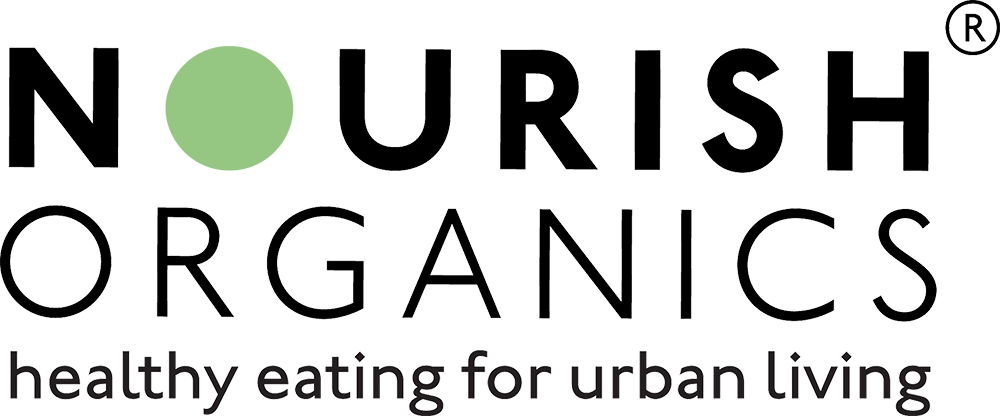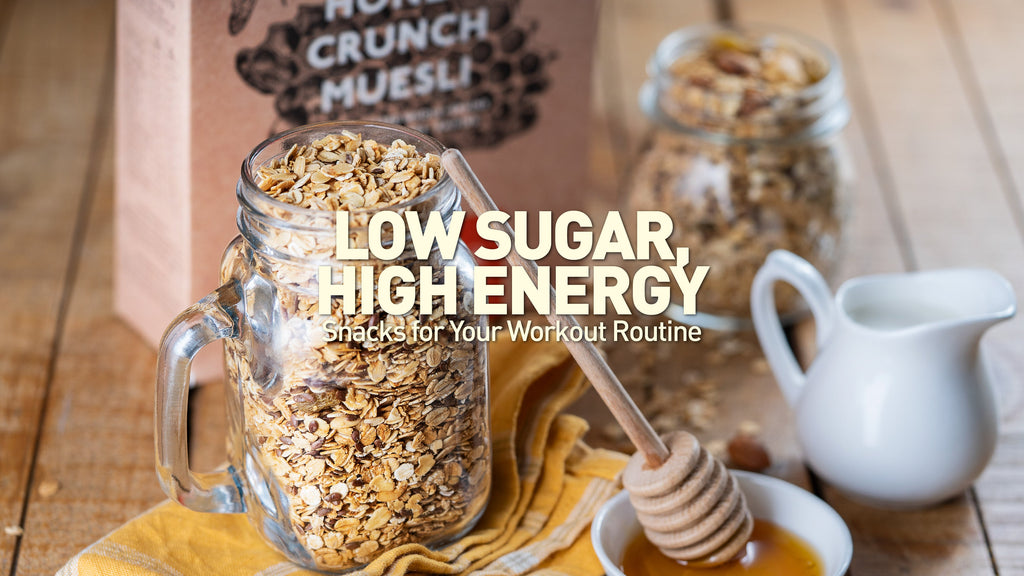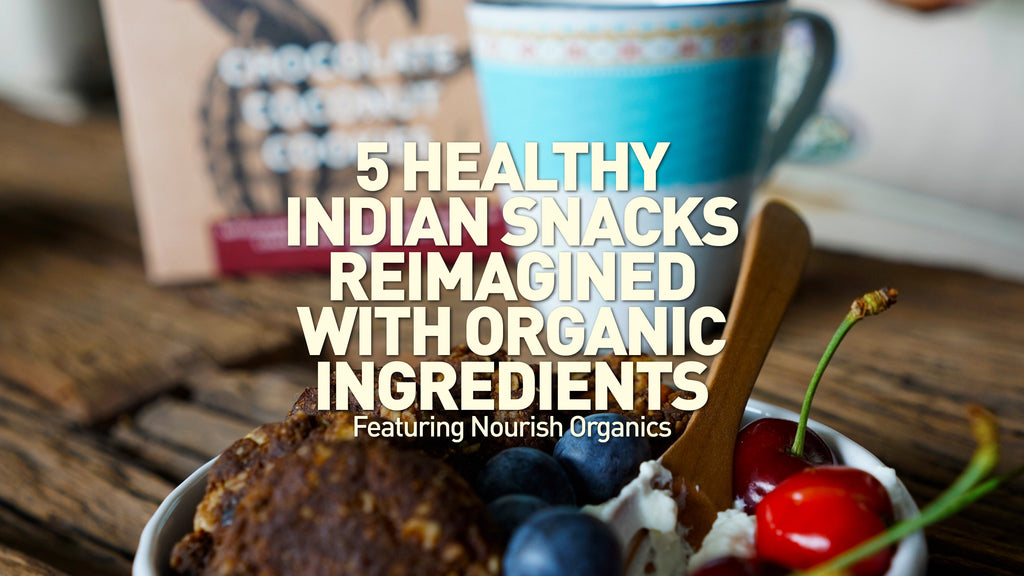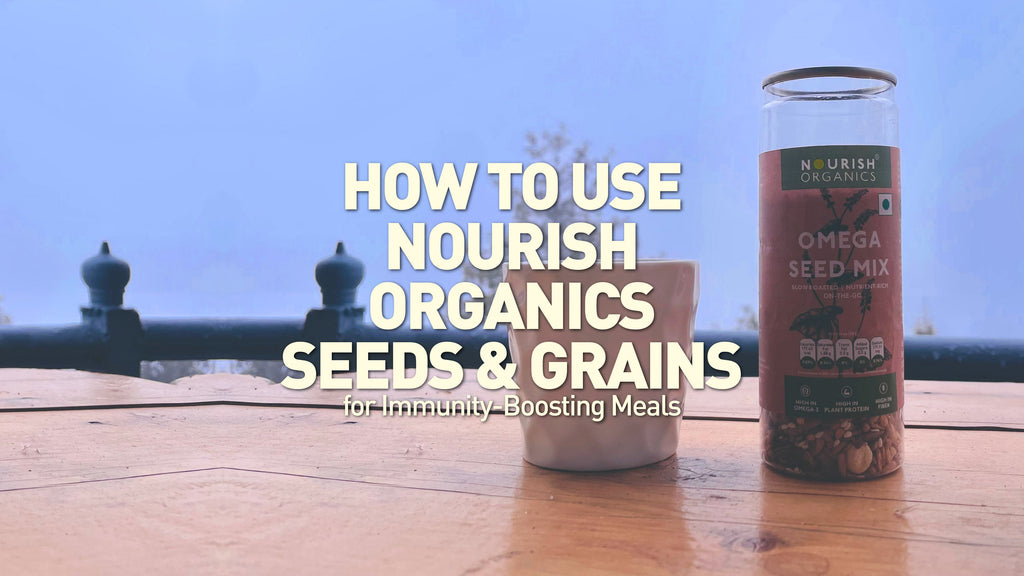
Organic vs. Non-Organic: Making Informed Food Choices

The choice between organic and non-organic foods has become a significant part of modern food culture. In this blog post, we'll explore the differences between organic and non-organic foods and provide information to help you make informed decisions when choosing what to eat.
Understanding Organic and Non-Organic:
Organic foods are produced without synthetic pesticides, herbicides, or genetically modified organisms (GMOs). They are often grown using natural fertilizers and sustainable farming practices. Non-organic foods, on the other hand, may use synthetic chemicals and GMOs in their production.
Health Benefits of Organic:
Organic foods have several health benefits, including:
- Reduced Chemical Exposure:
Organic foods have fewer pesticide residues, which may reduce your exposure to harmful chemicals.
- Higher Nutrient Content: Some studies suggest that organic foods may contain higher levels of certain nutrients, such as antioxidants.
- Supporting Sustainable Agriculture: Choosing organic supports farming practices that are better for the environment and prioritize soil health.
Cost Considerations:
One common drawback of organic foods is that they are often more expensive than their non-organic counterparts. However, it's essential to weigh the cost against the potential health benefits and environmental impact.
Environmental Impact:
The use of synthetic chemicals in non-organic farming can lead to soil degradation and contamination of water sources. Organic farming practices are more eco-friendly, supporting healthier ecosystems.
Balancing Organic and Non-Organic:
Making informed food choices often involves finding a balance that works for your lifestyle and budget. Consider the following tips:
- Prioritize Organic for the Dirty Dozen: The "Dirty Dozen" is a list of produce items that tend to have higher pesticide residues. If you're concerned about chemical exposure, consider buying organic versions of these items.
- Embrace Local and Seasonal: Local and seasonal foods are often fresher and may be more affordable. Visit local farmers' markets for fresh, organic options.
- Grow Your Own: If space allows, consider growing your own produce. This way, you have complete control over the growing process.
The choice between organic and non-organic foods is a personal one that depends on your health concerns, budget, and environmental values. Being informed about the benefits and drawbacks of each can help you make choices that align with your values and priorities.














